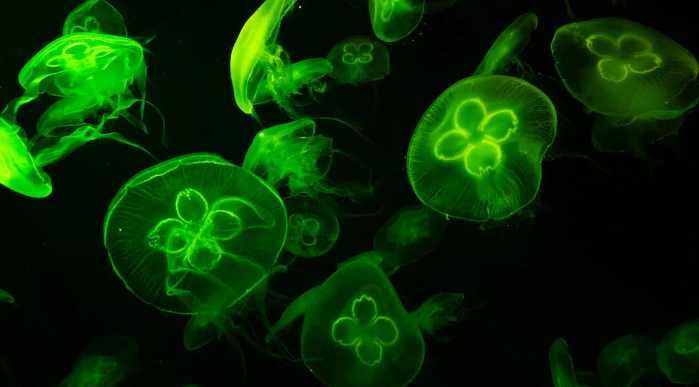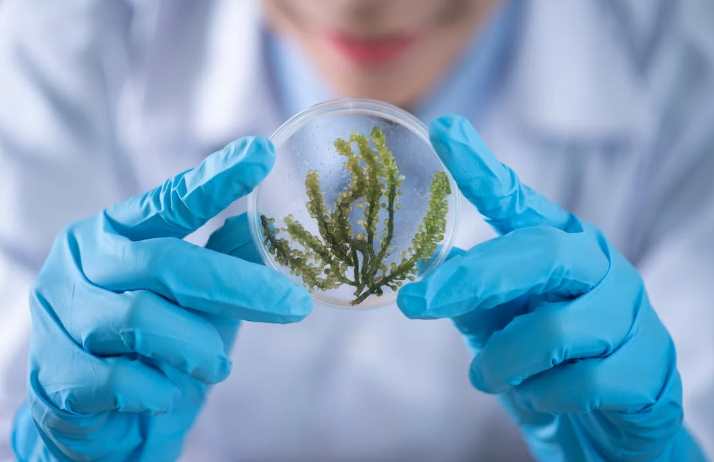Meaning of Biology:
Biology is the study of living organisms and their interactions with each other and the environment. It encompasses a wide range of topics, from the molecular and cellular level to the ecosystem level. The field is constantly evolving, with new discoveries being made all the time.
Meaning of Genetics
One of the most exciting areas of biology is genetics. Our understanding of genetics has come a long way in recent years, thanks to advances in technology. We now know that the genetic code is made up of DNA, which is a long chain of nucleotides. Each nucleotide is made up of a sugar, a phosphate group, and one of four nitrogenous bases: adenine, thymine, cytosine, and guanine. These bases pair up in a specific way, with adenine always pairing with thymine and cytosine always pairing with guanine. This is what forms the “rungs” of the DNA ladder.
The genetic code is read in groups of three bases, called codons. Each codon codes for a specific amino acid, which is the building blocks of proteins. Proteins are responsible for a wide range of functions in the cell, including structural support, enzyme activity, and cell signaling.
Meaning of Evolution
Another important area of biology is evolution. Evolution is the process by which species change over time. The theory of evolution by natural selection was first proposed by Charles Darwin and Alfred Russel Wallace in the 19th century. The basic idea is that organisms that have traits that are advantageous for survival and reproduction are more likely to pass on those traits to their offspring. Over time, these advantageous traits become more common in the population.
Evolution can be observed on many different levels, from the evolution of a single gene to the evolution of entire ecosystems. One of the most famous examples of evolution is the finches on the Galapagos Islands. These finches have evolved to have different beak sizes and shape to suit their different food sources.
Meaning of Ecology
Another important area of biology is ecology. Ecology is the study of how organisms interact with their environment. This includes the study of how different species interact with each other, as well as how organisms interact with their physical environment.
One of the most important concepts in ecology is the food web. A food web is a diagram that shows how energy flows through an ecosystem. At the bottom of the food web are the producers, which are usually plants. They use energy from the sun to produce food through photosynthesis. The next level up is the primary consumers, which are usually herbivores. They eat the producers. Next are the secondary consumers, which are usually carnivores. They eat the primary consumers. The top level of the food web is the tertiary consumers, which are usually the top predators.
Another important concept in ecology is the ecosystem. An ecosystem is a community of organisms and their physical environment. The organisms in an ecosystem can be divided into three main groups: producers, consumers, and decomposers. Producers are organisms that can produce their own food, such as plants. Consumers are organisms that cannot produce their own food and must eat other organisms, such as animals. Decomposers are organisms that break down dead organisms and return nutrients to the ecosystem.
Meaning of Microbiology
Another area of biology that is gaining more attention is the field of microbiology. Microorganisms, such as bacteria and viruses, play a vital role in the functioning of the planet. They are essential in nutrient cycling, food production, and medicine. They also pose a significant threat to human health, as many diseases are caused by microorganisms.
In recent years, there has been a growing interest in understanding the microbiome, which is the collection of all microorganisms that live in and on our bodies. The microbiome has been found to play a crucial role in our overall health and well-being. Imbalances in the microbiome have been linked to a wide range of diseases, from obesity to depression.
In addition, the field of synthetic biology is also gaining momentum. Synthetic biology is the design and construction of new biological parts, devices, and systems that do not occur naturally. This field has the potential to revolutionize medicine, agriculture, and industrial processes. Scientists are working on creating synthetic enzymes for biofuel production, designing new vaccines, and even engineering new organisms to clean up environmental pollutants.
In conclusion, biology is a dynamic and ever-evolving field that continues to fascinate scientists and laypeople alike. From the tiniest microbe to the largest ecosystem, biology helps us understand the complexities and interconnections of the natural world. With the ongoing developments in technology, we can expect to make many more discoveries and advancements in the field of biology in the future.

